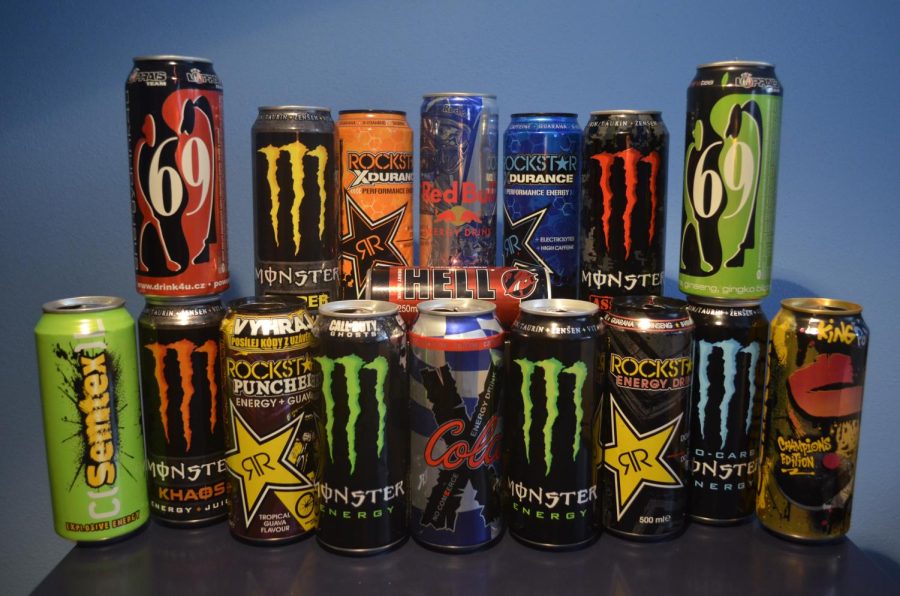Red Bull Does Not Give You Wings: A Breakdown on Energy Drinks
Feb 6, 2023
Energy drinks have surged in popularity with teens and young adults. Since 1997, the sugary beverages have soared in rates among adolescents with little awareness of their effects on one’s health.
CDC.gov explains how energy drinks contain legal stimulants such as taurine, guarana, and L-carnitine, along with large amounts of caffeine and sugar to increase alertness, attention, energy, and l increase blood pressure, breathing rate and heartbeat. Consistent consumption of the stimulants, caffeine, and sugars can heavily affect the body, short and long term.
According to hiddenstrength.com, side effects of energy drink consumption includes heart palpitations, shaking, tremors, restlessness, agitation, upset stomach, chest pain, dizziness, tingling, insomnia, and headaches. These are only the short term effects.
Resyncproducts.com says long term effects include unintentional weight gain, increased risk for heart disease and diabetes, stroke from excessive amounts of caffeine, chronic dehydration, tooth decay, caffeine dependence, adrenal fatigue, blood problems, and inflammation of the liver.
Despite all this, junior Conner Booton feels the contrary when it comes to his experience with energy drinks.
“I’ve only felt positive effects if I’m being honest … I started drinking monsters before ninth grade … They’re good for weight regulation, [and] energy boosts before a workout. They’re [also] good to get you through a rough day,” Booton said.
Booton also touches on limiting intake to keep consuming energy drinks safely.
“One week out of every month I will take a break from caffeine to make sure I don’t get withdrawal and the caffeine can still have an effect on me.”
Regardless, resyncproducts.com also states how research has shown that young adults under 18 should not be consuming energy drinks at all. Hiddenstrength.com mentions how most adults should only be consuming up to 400 milligrams of caffeine a day, while people aged 12-18 should not consume more than 100 milligrams. The average energy drink contains 100-300 milligrams.
Overall, energy drinks can be quite harmful to adolescent bodies from the rates of mass consumption that have spiked throughout the years. With moderation, such effects can be prevented.






